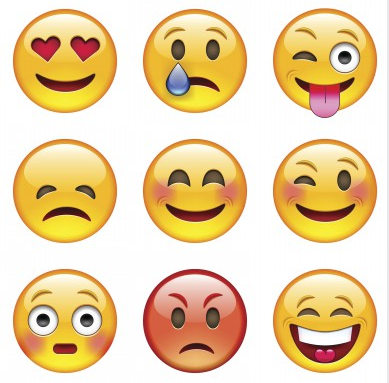 There was a time when the emoji was just a bit of fun, a silly smiley added onto the end of a text message, but now we have seen them gain a sense of seriousness, and even political purpose. We are seeing the emoji being used for genuine impact, rather than being limited to frivolity. As this is now a universal language, especially for Millennials, it feels smart for them to be used to represent something of resonance and impact.
There was a time when the emoji was just a bit of fun, a silly smiley added onto the end of a text message, but now we have seen them gain a sense of seriousness, and even political purpose. We are seeing the emoji being used for genuine impact, rather than being limited to frivolity. As this is now a universal language, especially for Millennials, it feels smart for them to be used to represent something of resonance and impact.
This use of something so simple in such a rich and opinionated way highlights the importance of brands being switched on to culture. It means they can understand the nuanced shifts in the cultural conversation, and enables them to communicate in a resonant way.
ALWAYS UNSTOPPABLE
Following on from their #likeagirl campaign, Always have tackled the limitations of emojis as a language of communication. They encourage young women to believe in themselves and their ability, not being pigeonholed by societal pressures.
BODYFORM’S PETITION FOR “FEMOJIS”
Bodyform have recently championed a petition to introduce six ‘period’ emojis. They believe that menstruation shouldn’t be taboo, and want to quash the embarrassment many women feel when talking about their period. With emojis as the new universal language, they want to add to the dictionary of the emoji give women an easy practical way to confidently communicate.
#ENDANGEREDEMOJI
WWF created a campaign where users can donate £0.10 per animal emoji used in their tweets. Creating awareness that 17 animals of the emoji collection are engaged. Within 2 months the campaign had reached over 550,000 mentions.
DIESEL “ITS COMPLICATED”
In a bid to communicate with the politically charged millennials, Diesel have used emojis in their recent campaign to comment on cultural norms. They use emojis to discuss same-sex relationships, online dating, porn and online celebrities.


